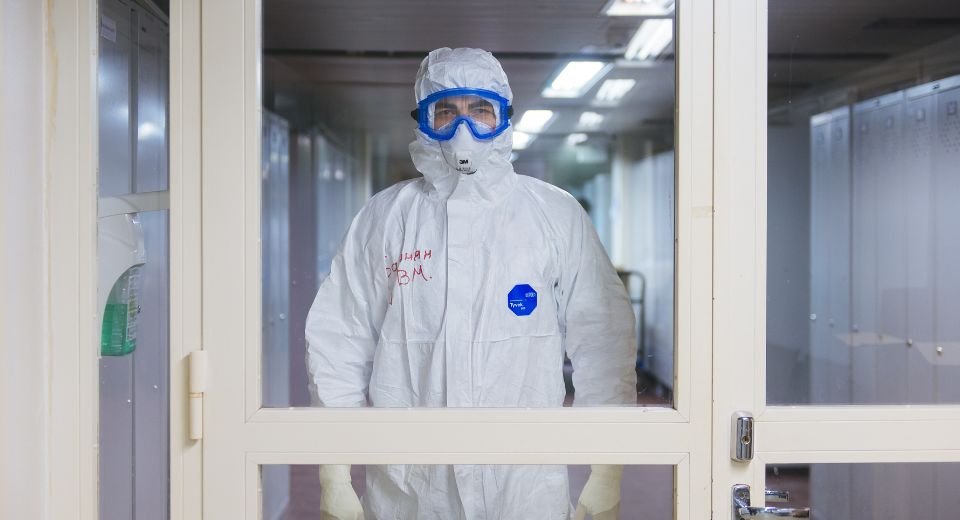HQ Team
January 8, 2024: About 17,000 people may have died in six countries after using antimalarial drug hydroxychloroquine during the first wave of the Covid-19 pandemic, according to a study.
The drug was prescribed off-label in 2020 and the median number of hydroxychloroquine-related deaths was 240 in Belgium, 95 in Turkey, 199 in France, I1,822 in Italy, 1,895 in Spain, and 12,739 in the US.
A new study published in Biomedicine & Pharmacotherapy was led by Jean-Christophe Lega, a Professor of Therapeutics in the Lyon, France hospital system. It revisited studies conducted in France, the US, Belgium, Italy, Spain, and Turkey from March 2020 until July 2020.
“We conducted a systematic review and a meta-analysis of cohort studies to estimate the mortality rates and the proportion of HCQ exposure in hospitalised patients in each country represented in the available studies,” the authors wrote.
The researchers obtained hospitalisation records from each country through the dedicated databases from the beginning of the pandemic in each country — March 2020 onward until 17th July 2020.
‘Tip of the iceberg’
The main finding of the present study is that hydroxychloroquine might have been associated with an excess of 16,990 deaths during the first wave of the Covid-19 pandemic.
Given the reliable data on hospitalisations, drug use and in-hospital mortality for most countries, these numbers likely “represent the tip of the iceberg” thus largely underestimating the number of drug-related deaths worldwide.
Hydroxychloroquine, a 4-aminoquinoline drug used to treat malaria and autoimmune rheumatic diseases, inhibits viral replication by increasing the pH of the endosome used for cell entry.
In addition, hydroxychloroquine may interfere with angiotensin-converting–enzyme 2 glycosylation, which is the cellular receptor of SARS-CoV-2.
During the first wave of the pandemic, off-label use of the drug had been proposed as a treatment option for Covid-19.
Unfavourable risk-benefit balance
Subsequent studies documented however an unfavourable risk-benefit balance, including a trial that showed a significant increase in cardiac mortality as well as a trend for increased all-cause mortality risk with hydroxychloroquine.
“In a meta-analysis of 14 trials testing HCQ in hospitalised patients with various doses, HCQ was associated with an 11% increase in all-cause mortality.”
The US Food and Drug Administration had issued an emergency use authorisation of hydroxychloroquine in March 2020 but revoked it in June. The drug was found in particular to cause severe side effects such as heart rhythm abnormalities.
“What we need to bear in mind is that this is a rough estimate, in the sense that it only concerns a few countries over a short period, and that the total number of deaths is probably much higher,” Lega told French broadcaster France 3.
Regions such as East Europe, the United Kingdom, Germany, Scandinavia, Africa, and South America did not form a part of the study.
The results should be taken with caution as it is a statistical analysis. One limitation of the study was that in France, Turkey, and Belgium, in particular, data concerning exposure to the drug was scarce.
“This result argues in favour of tightly regulating access to off-label prescriptions during future pandemics,” the researchers wrote.
About seven million people have died so far due to Covid-19 disease. A new variant JN.1 is currently in circulation globally.








